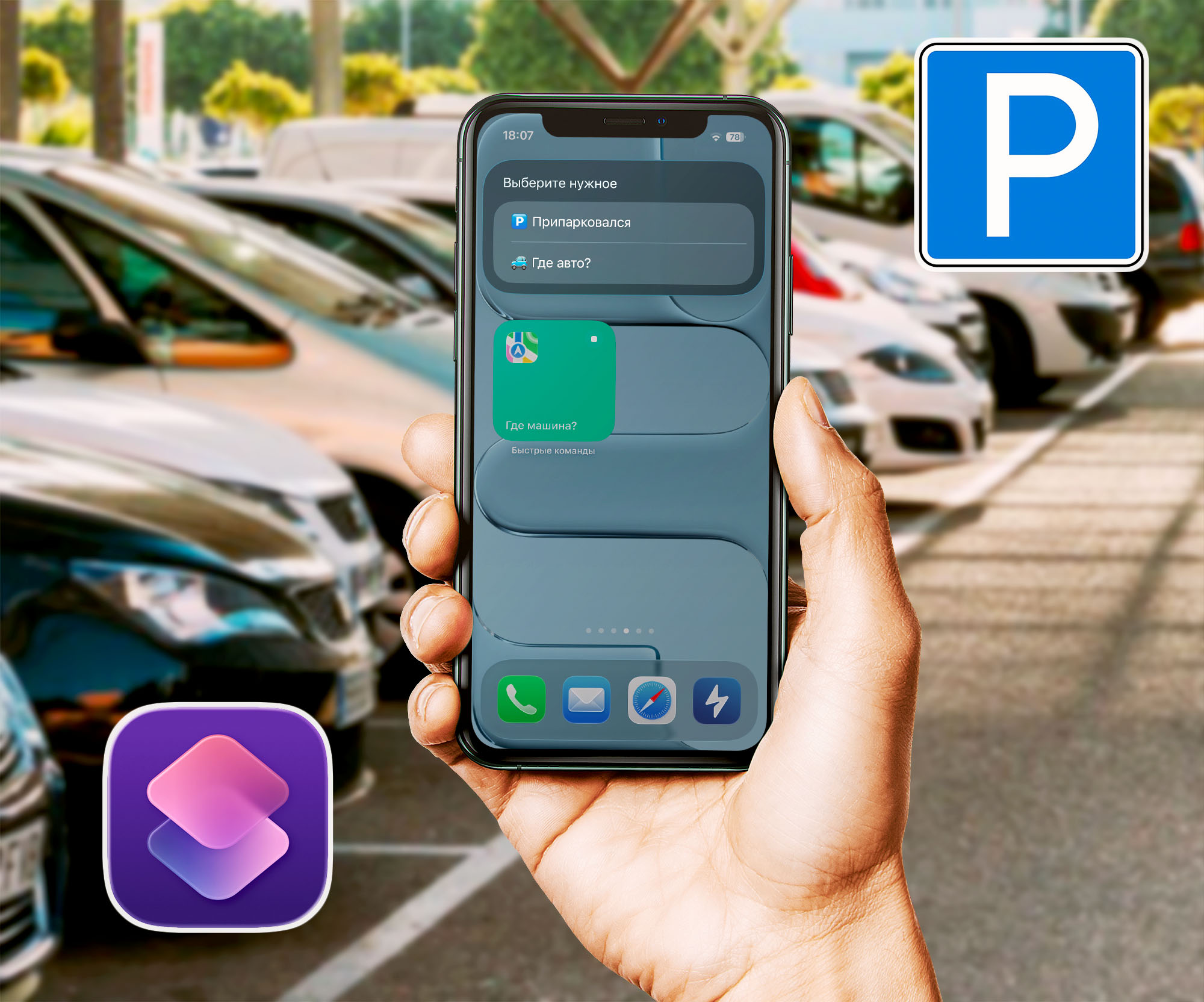As part of its new guidelines regarding synthetic content, YouTube will search deepfakes and songs created using artificial intelligence. The platform has announced new measures to address the growing issue of great concern in the entertainment industry.
As the company explained, in the coming months it will begin accepting applications for remove videos containing AI-generated content that “simulates identifiable individuals”. In this sense, YouTube will pay special attention deepfakes which repeat the face or voice of certain people.
The video portal explained that it will analyze various factors before making a decision and that not all synthetic content in question will be removed. YouTube will initially focus on deepfakes involving “government officials or prominent persons.” That is, politicians or actors, singers, influencers and artists of all kinds.
One of the elements that will be taken into account when analyzing this issue will be whether the material is fit for purpose satire and parodyor if they seek to use the appearance of public figures to spread misinformation or promote fraud.
Regarding songs created using AI, YouTube will pay attention to those that “imitate an artist’s unique voice while singing or rapping”. Record labels, distribution labels and agencies representing singers may request removal of this content.
YouTube unveils new tools to prevent AI misuse

As in the case deepfakes, not all content related to AI-generated music will be automatically removed from the platform. The Google-owned company will allow the use of these creations if they are part of informational content or analyze the use of digitally created voices.
The tool will initially be available to record labels and distributors who are partnering with YouTube on its first music experiments with artificial intelligence. But the idea is to expand access to more companies over time.
Music created using artificial intelligence hot topic for debate It’s not just YouTube these days. Recall that Universal Music Group asked Spotify and Apple to prohibit the extraction of lyrics and melodies from the songs of their artists. According to the corporation, this information was then used to train artificial intelligence models that could generate songs that imitated artists or composers without paying copyrights.
In May, Spotify admitted it had removed tens of thousands of songs created by artificial intelligence. But this was not the only problem, there were also the existence of bots that “inflated” the reproduction counter in order to earn more money. Similarly, Google has been experimenting with a tool called MusicLM, designed to create music from text descriptions. However, he decided not to publish it due to the high likelihood that the results were copies of protected materials Copyright.
YouTube is now beginning a new phase in its search for more responsible use of artificial intelligence tools among its users. Additionally, offer the option to request deletion deepfakes and other possibly illegal synthetic content, it will certainly be useful to the residents of Mountain View. cover yourself in case someone wants to sue you.
Source: Hiper Textual
I am Garth Carter and I work at Gadget Onus. I have specialized in writing for the Hot News section, focusing on topics that are trending and highly relevant to readers. My passion is to present news stories accurately, in an engaging manner that captures the attention of my audience.












